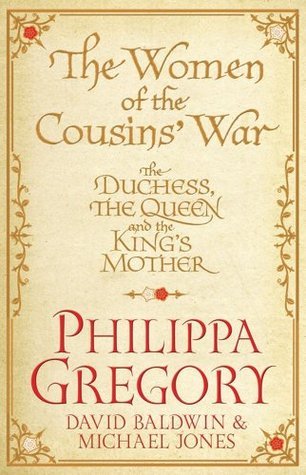
Trial by Fire: The Hundred Years War, Volume 2
Book Description
War rages across the battlefields of France, tearing kingdoms apart and forging legends in the heat of conflict. In 'Trial by Fire: The Hundred Years War, Volume 2,' Jonathan Sumption plunges into the relentless struggle where ambition battles honor, and betrayal lurks in every shadow. As kings and commoners alike take up arms, alliances shift like sand in a storm, and the price of glory becomes painfully clear. With every clash of steel, the fate of nations hangs in the balance. Will resilience triumph over despair, or will the flames of war consume all hope?
Quick Book Summary
"Trial by Fire: The Hundred Years War, Volume 2" by Jonathan Sumption is a richly detailed account of the grueling middle phase of the Hundred Years War. The book covers the period from the collapse of the Anglo-French truce in 1346 through the catastrophic Black Death and its aftermath, focusing on critical campaigns, shifting alliances, and personalities that shaped the war. Sumption vividly explores the political intrigue, betrayals, and military evolutions that defined an era when the fate of France and England hung in the balance. His engaging narrative brings to life not only kings and commanders but also the common soldiers and civilians caught up in the conflict, weaving together military, social, and political threads for a comprehensive portrait of a world in turmoil.
Summary of Key Ideas
Table of Contents
Evolving Nature of Medieval Warfare
Jonathan Sumption meticulously reconstructs the period following the English victory at Crécy and the calamitous siege of Calais, tracing the resumption of conflict in a landscape ravaged by war. The truce of 1347 proves fragile, breaking down amid mutual distrust and relentless ambition. Leaders on both sides, from King Edward III of England to King Philip VI of France, strategize for advantage, while smaller principalities and mercenary bands exacerbate the region’s instability, ensuring no lasting peace.
Political Intrigue and Shifting Alliances
Sumption delves deeply into the ever-changing alliances and betrayals that characterized the war’s middle years. Diplomacy is as decisive as the sword, with marriage pacts, feudal obligations, and political maneuvering constantly redrawing the map. French and English claims are complicated by the competing interests of Flanders, Brittany, and Navarre, making the outcome of battles uncertain and the loyalty of key nobles a continual question mark. This era demonstrates how diplomacy and personal ambition shaped the military campaigns’ outcomes as much as strength of arms.
Impact of the Black Death
A defining tragedy of this period is the Black Death, which decimates the population and undermines existing social structures. Sumption details how the pandemic hampers military recruitment, drains royal treasuries, and saps societal morale. While armies regroup and towns attempt recovery, the plague irreversibly alters landholding patterns, deepens economic despair, and aggravates rural unrest, influencing the war’s conduct and reshaping French and English societies alike.
Role of Leadership and Individual Agency
Sumption gives voice not only to kings and commanders but also to the rank-and-file soldiers and civilians whose lives are upended by conflict. He highlights stories of heroism, endurance, and suffering, illustrating the personal cost of protracted warfare. The author examines how shifting tactics—like the use of longbows and fortifications—reflect both innovation and desperation, offering insight into the evolving face of medieval warfare and the resilience it demanded from combatants and populations.
Societal Consequences of Protracted War
The volume concludes by examining the broader implications of the extended conflict: the rise of new forms of political authority, the decline of feudal bonds, and the emergence of more centralized royal power. Sumption argues that the Hundred Years War became not only a contest for crowns but also a crucible forging the modern state. The intertwined effects of plague, war, and shifting allegiances leave Europe irrevocably altered, setting the stage for the transformative decades to come.
Download This Summary
Get a free PDF of this summary instantly — no email required.





